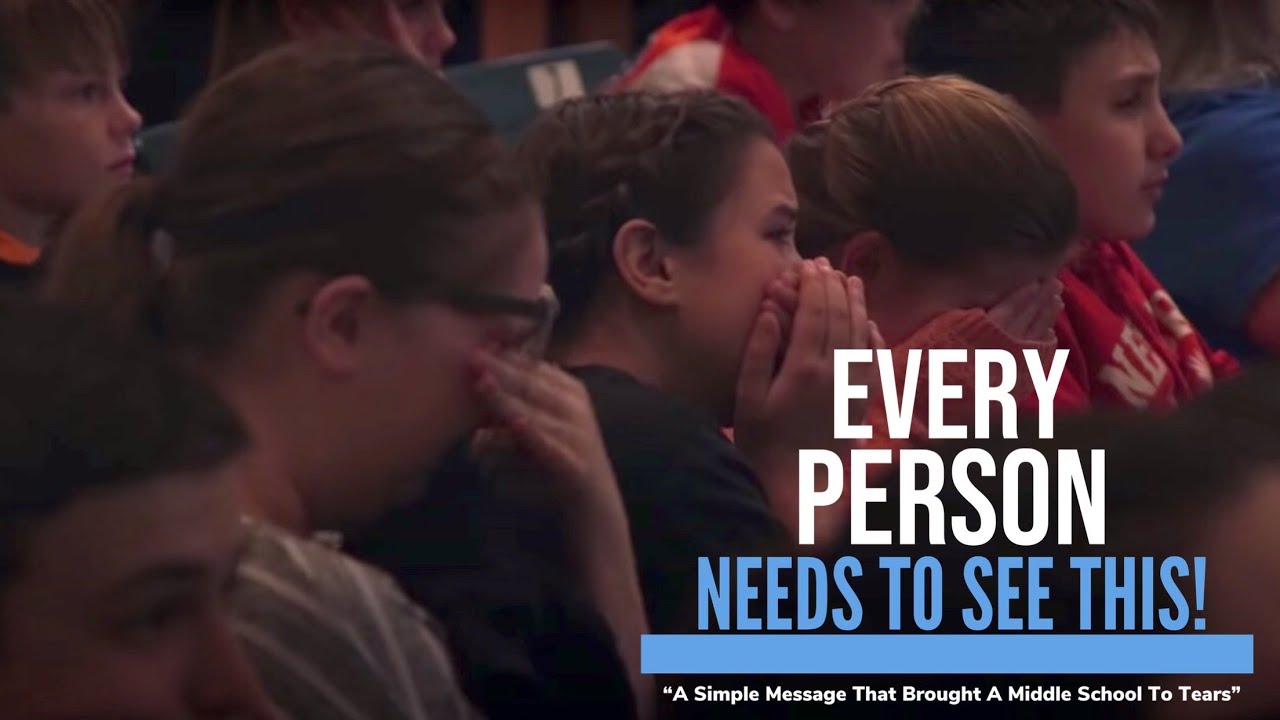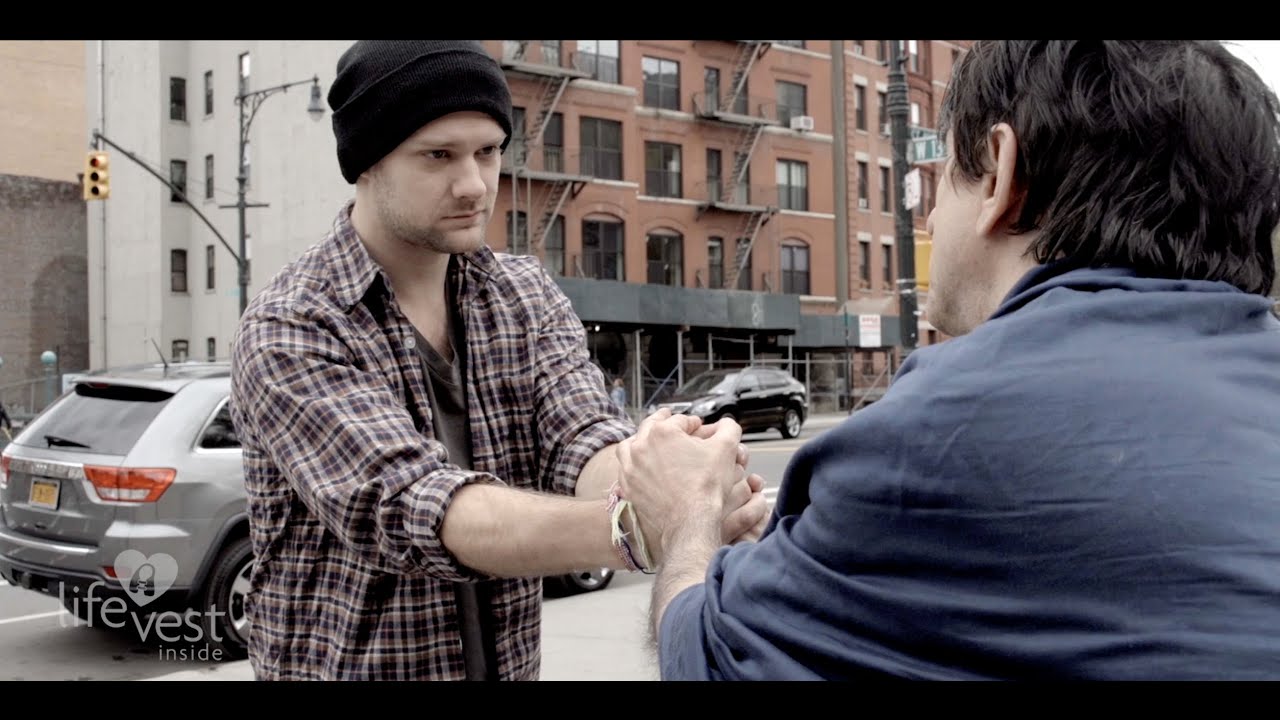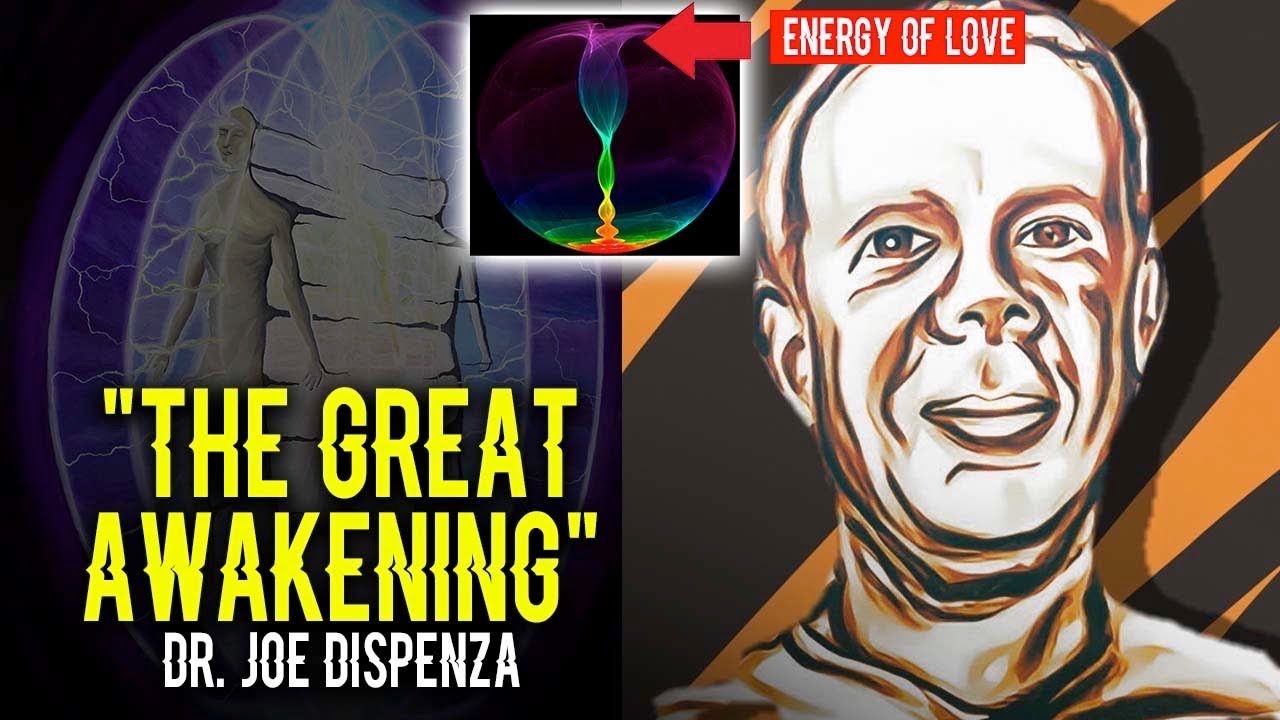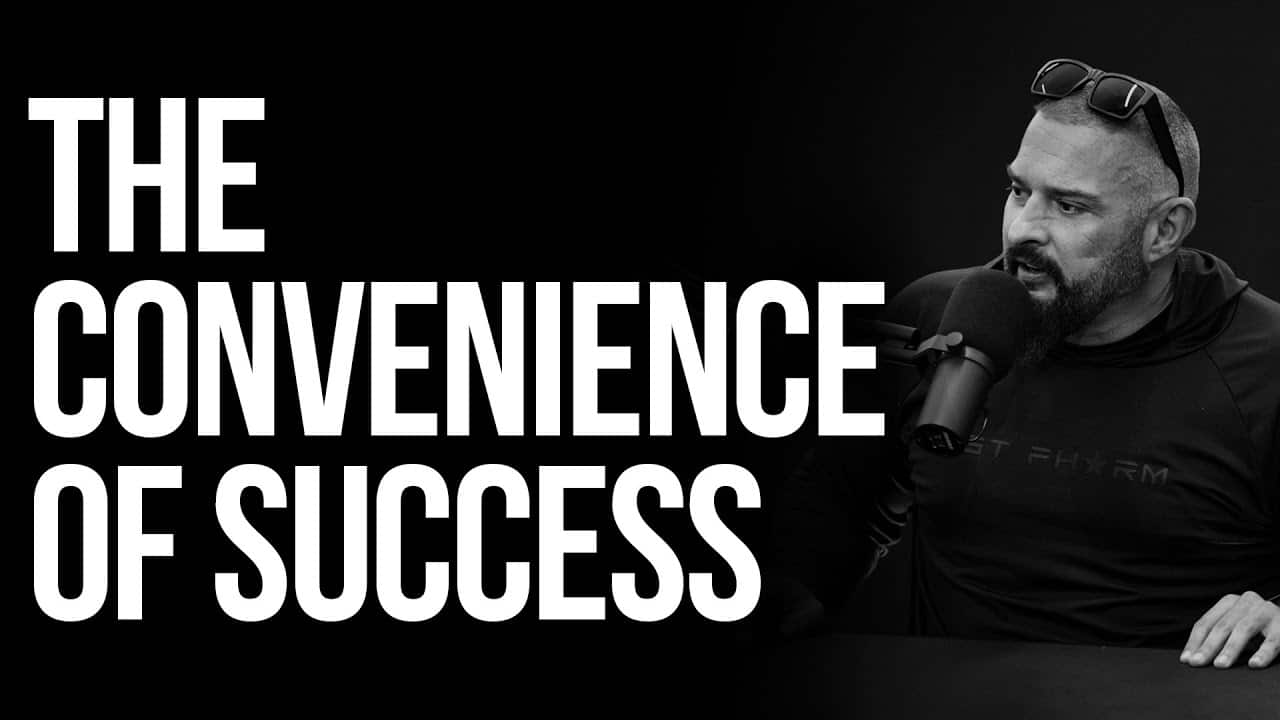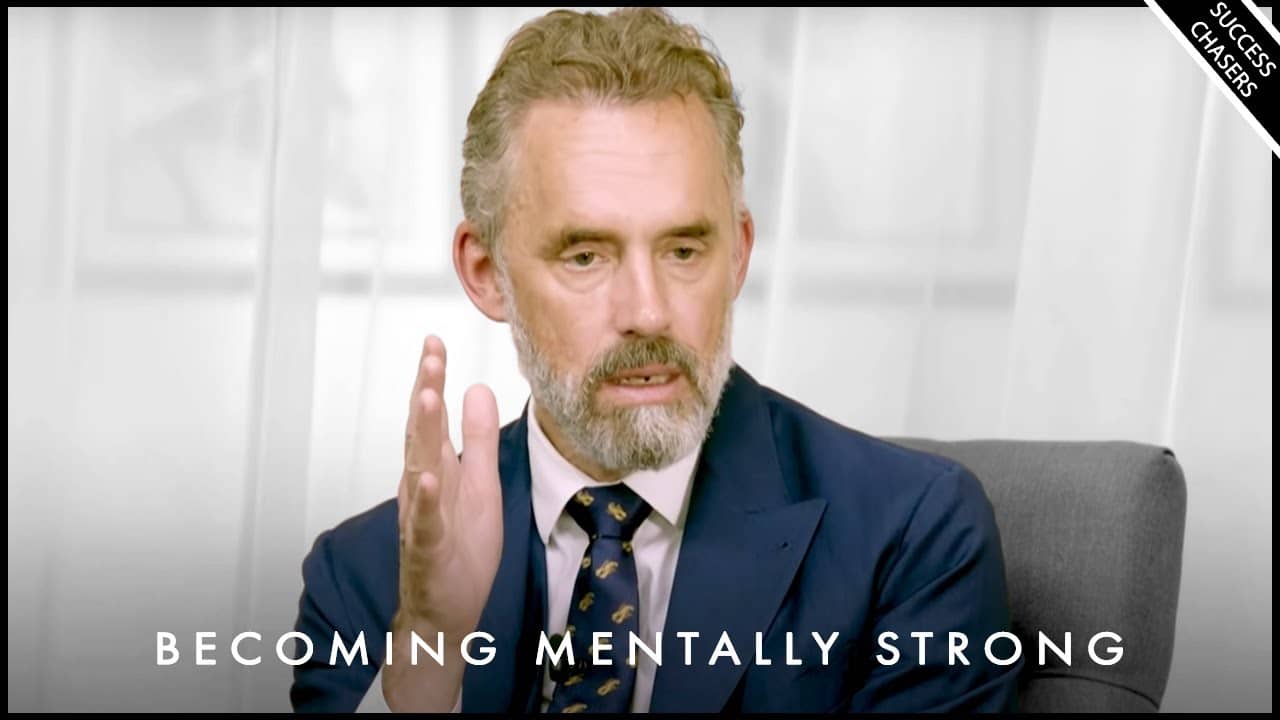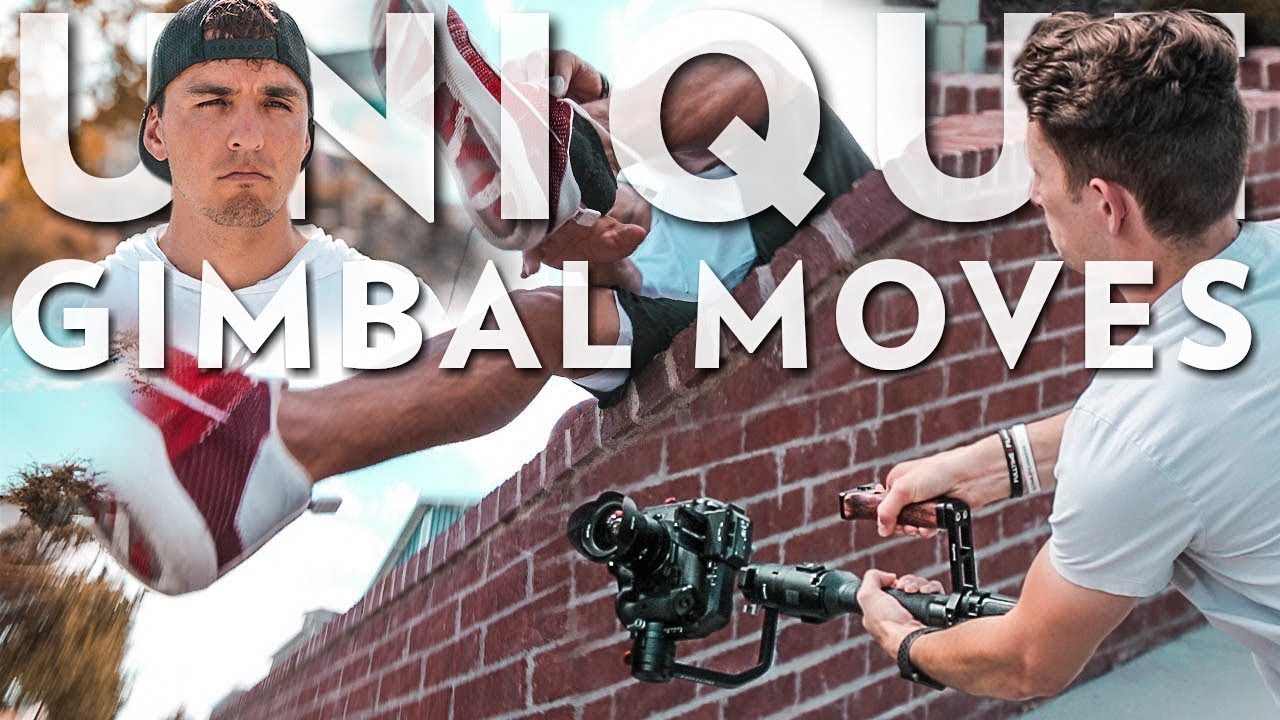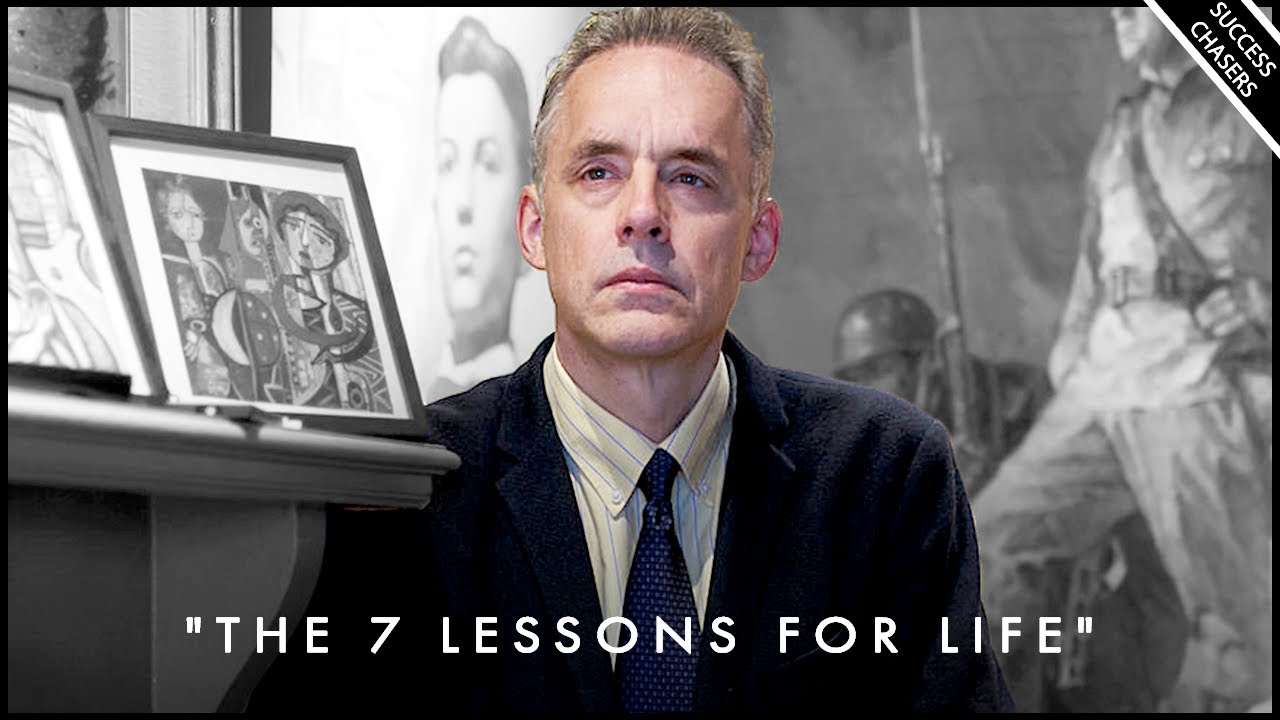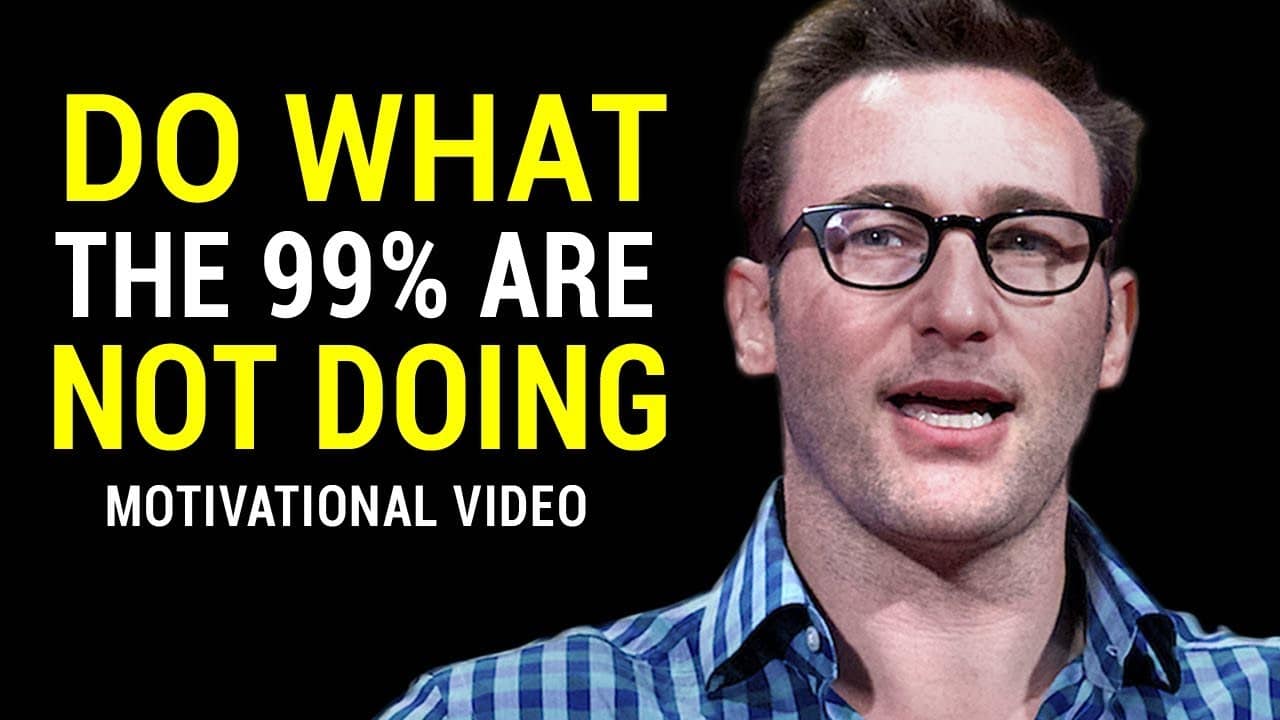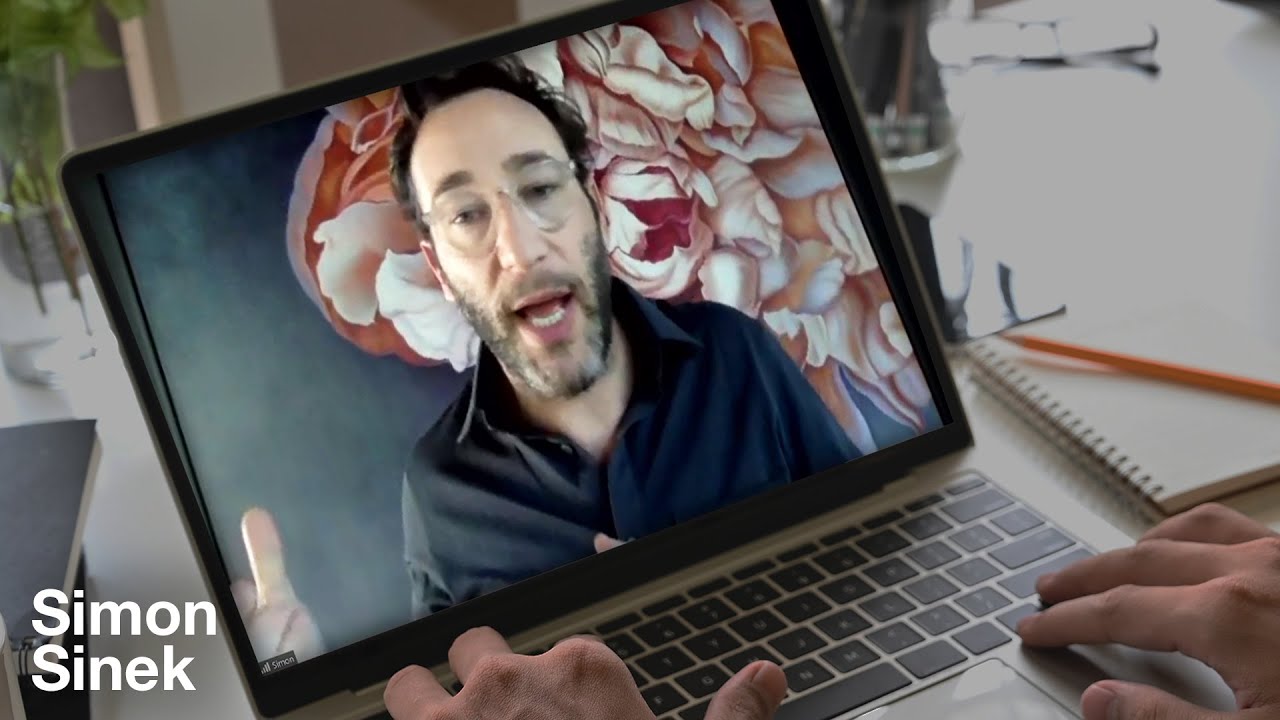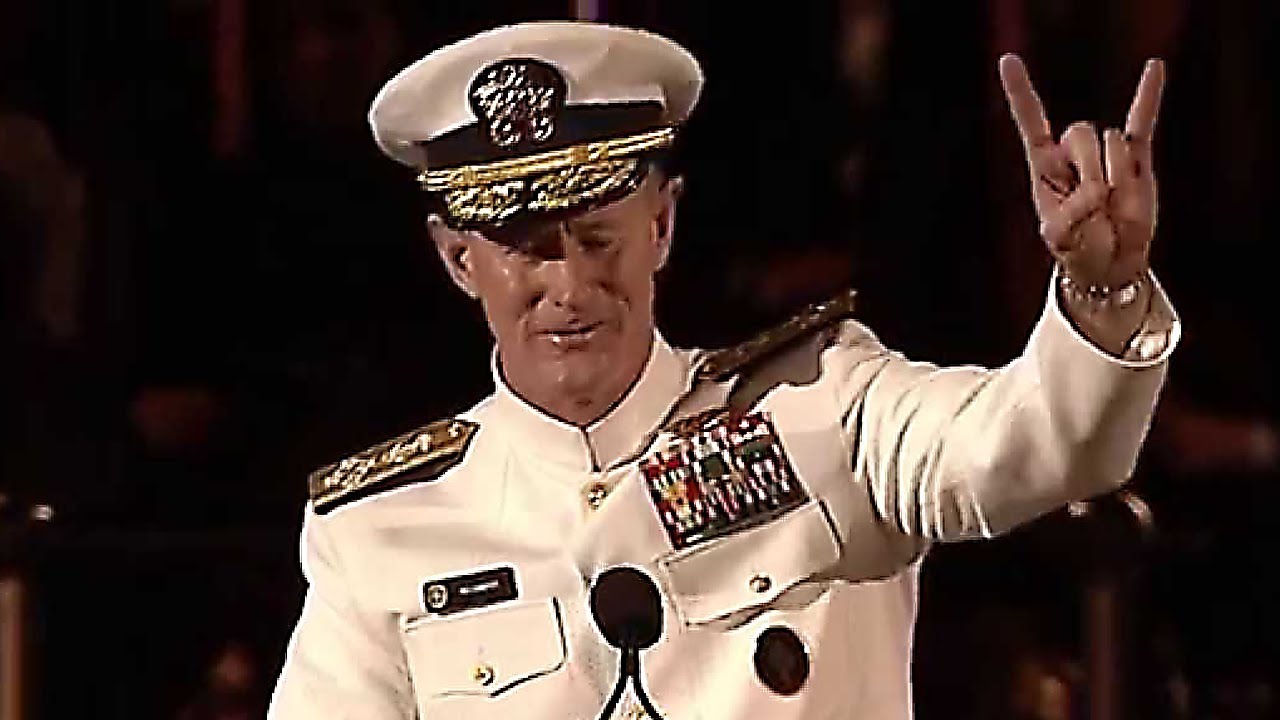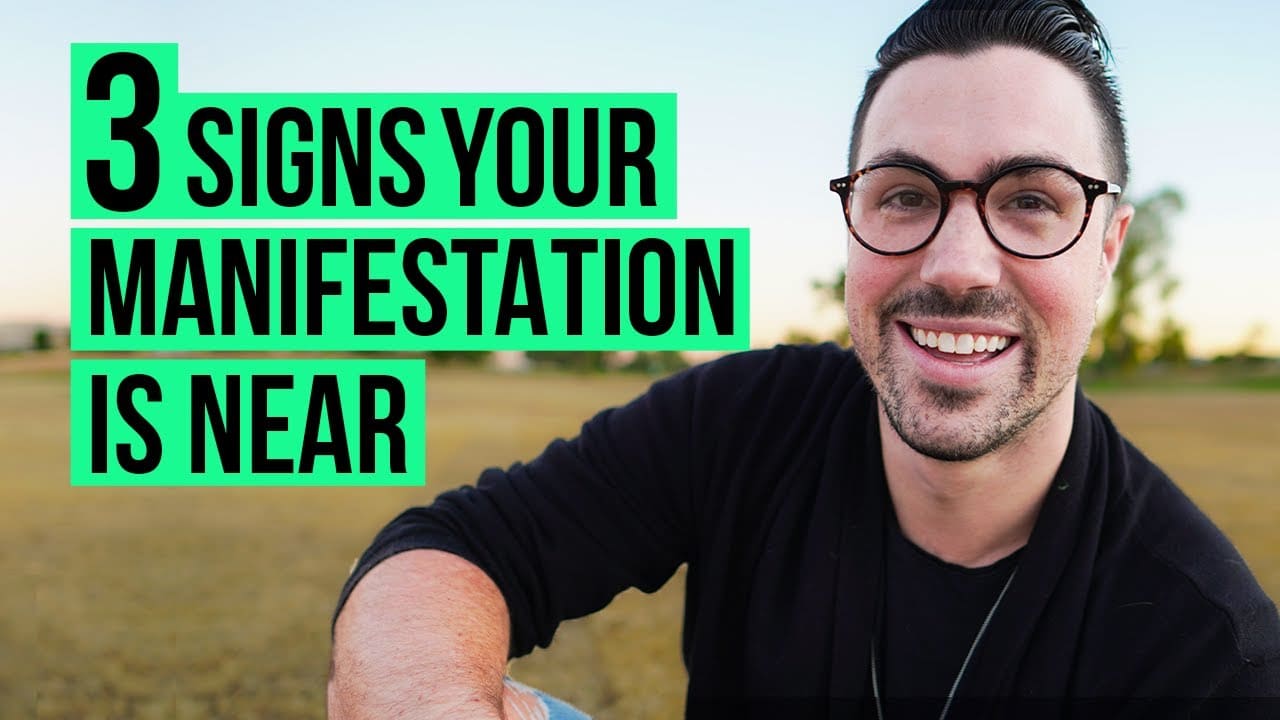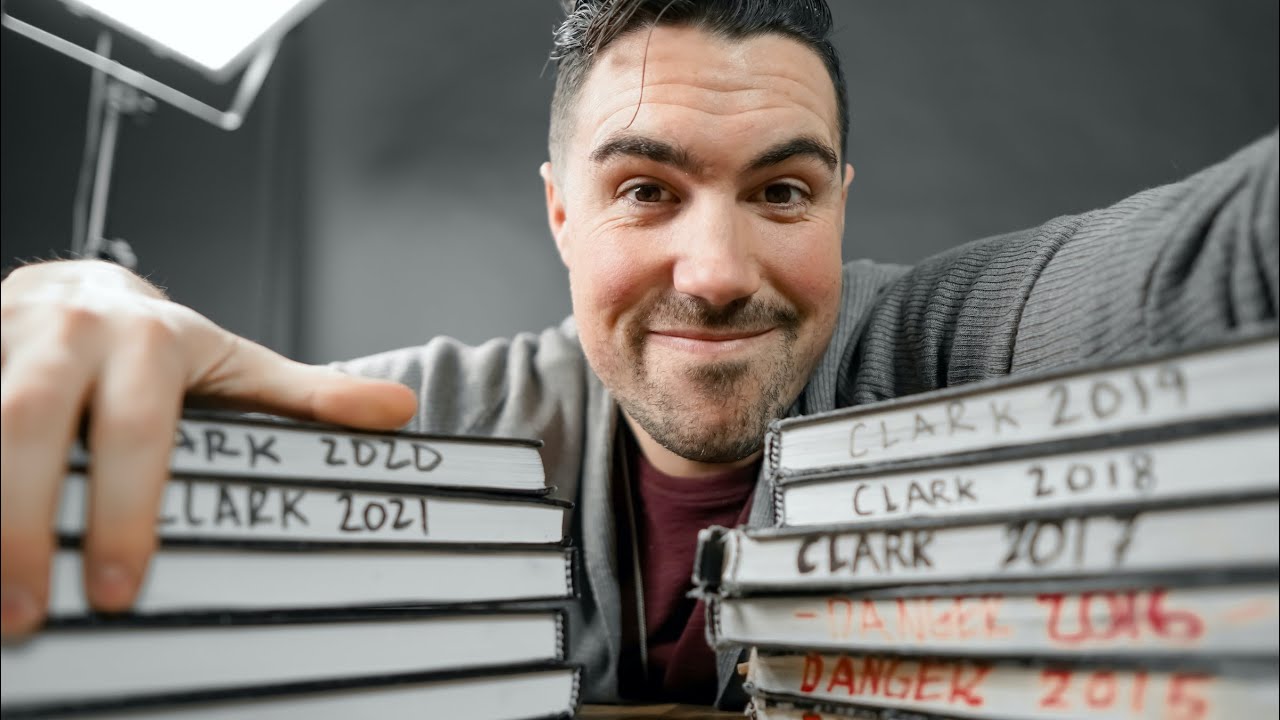Embracing Positivity: Francine Jarry's Inspirational Anthem and the Law of Attraction
What's That Abraham Hicks Positive Song?
In a world often clouded by negativity, finding moments of positivity and joy can feel like a breath of fresh air. Francine Jarry, the singer-songwriter renowned for her uplifting music, invites listeners on a journey of optimism and empowerment with her popular song and video, “Look For The Positive Aspects.”
Inspired by the teachings of Abraham Hicks, also known as Esther Hicks, and the Law of Attraction study, “Look For The Positive Aspects” is more than just a catchy tune; it’s a rallying cry for embracing the bright side of life, even in the face of adversity. The song’s infectious melody and heartfelt lyrics serve as a reminder that no matter the challenges we may encounter, there is always something to be grateful for and hopeful about.
The accompanying video for the song enhances its message, weaving together scenes of everyday life with moments of pure joy and inspiration. From breathtaking natural landscapes to heartwarming interactions between friends and family, the video paints a vivid portrait of the beauty and wonder that surround us each day, if only we take the time to notice.
At its core, “Look For The Positive Aspects” is a celebration of resilience, gratitude, and the transformative power of a positive mindset, all central tenets of the Law of Attraction. Through her music, Francine Jarry encourages listeners to shift their perspective and focus on the abundance of blessings that fill their lives, no matter how small or seemingly insignificant.
One of the song’s most poignant lines encapsulates its central message: “The more you look, the more you’ll find, the brighter things will be.” It serves as a gentle reminder that positivity is not merely a fleeting emotion but a conscious choice we can make each day to cultivate joy and contentment in our lives.
As the song spreads its message of optimism far and wide, it serves as a beacon of hope for those navigating life’s ups and downs. Whether you’re facing challenges or simply seeking a moment of inspiration, “Look For The Positive Aspects” reminds us all to embrace the beauty and abundance that surrounds us and to approach each day with gratitude and an open heart, aligning with the principles of the Law of Attraction.
Song Lyrics:
Look for the positive aspects
In every situation
Look for the positive aspects
Change your focus of attention
Choosing and feeling, feeling and choosing
Thoughts that serve you best
So look for the positive aspects
And disregard the rest
Look for the positive aspects
Let contrast be your guide
Look for the positive aspects
The Universe is on your side
Choosing and feeling, feeling and choosing
Thoughts that serve you best
So look for the positive aspects
And disregard the rest
Keep looking for the positive aspects
In every situation
Look for the positive aspects
Change your focus of attention
Choosing and feeling, feeling and choosing
Thoughts that serve you best
So look for the positive aspects
And disregard the rest
Look for positive aspects (x3)
They’re everywhere you go
Look for positive aspects (x3)
They’re everywhere you know


